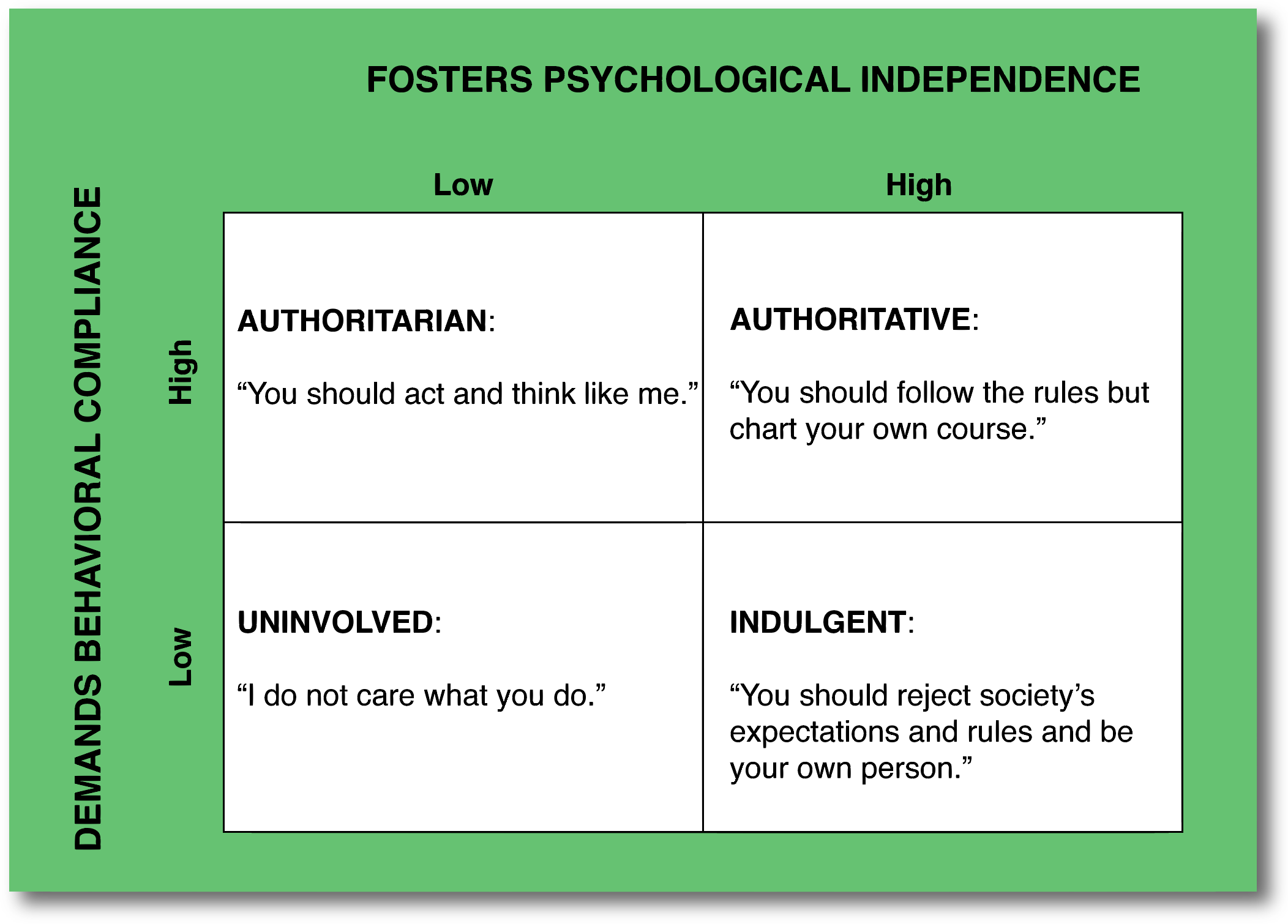We’ve shown you how to Locate & Organize Your Data and how to Manage People, Not Data using CorrectTech’s Data Manager. Now it’s time to take that data (and all that extra time we’ve given you) to innovate to make informed decisions for your agency programs and clients.
Innovate With Your Data!
Posted by Lisa Sayler on 2/25/16 1:00 PM
Topics: Community Corrections, Evidence Based Practices, Software
I Need That Report Now. Really…
Posted by Lisa Sayler on 12/10/15 12:46 PM
The Frightening “Can You Get Me That Information Real Quick” Request
Have you ever felt like someone kicked the wind out of you with a request for information? You were starting to feel some momentum on your daily routines and then, BAM, someone creates a windstorm with what they think is a simple request. That’s how I felt as a case manager AND administrator before we had CorrectTech’s case management software system that made these interruptions of my daily routine easy to respond to quickly so I could get back to my work with our clients.
I’ve written about the unsung hero’s hectic job before and the frequent interruptions are just one area that contributes to our challenges. Organization and easy tracking are crucial to keeping our duties manageable. No matter what job we have or task we are working to accomplish in a community corrections agency, someone is going to interrupt our flow. Don’t worry; our needs have not been ignored.
Problem Solved!
Read MoreTopics: Community Corrections, Software
Manage People, Not Data (With Video)
Posted by Lisa Sayler on 12/3/15 1:13 PM
Community Corrections Manager is a Hard Job
You are responsible for the things you do, don’t do and should do. You are also responsible for the results and decisions of your team. You have to answer to a variety of stakeholders. After all the meetings are done and requests for information are made, it is hard to find time to connect with your staff or focus on results. If you had a clone of yourself to sit in on all those meetings, you could save a lot of time. I can’t offer you that, but I can show you the next best thing out there.
CorrectTech community corrections software offers managers all the information they need at their fingertips. Among the many benefits for the manager, every part of the client file is accessible and the results are all stored in our data management system.
Check out our newest animated video “Manage People, Not Data” for some specific highlights.
This is part 2 in a 3 part series on our powerful data management system – make sure you watch them all!
Topics: Community Corrections, Community Corrections Professional, Technology, Software
Parenting Teenagers and Supervising Community Corrections Offenders: Control vs. Choice
Posted by Evan C. Crist, Psy.D. on 12/3/15 1:12 PM
As the father of two teenage girls, any article about parenting tends to catch my attention. I found this article Parenting Style and Its Correlates by Nancy Darling particularly interesting both as a parent and as an administrator for a community corrections facility. While there is not much new information in this article about which parenting style typically results in well-adjusted children, it is a great summary. What was new for me in reading this article is the parallel that I see in working with offenders.
A Couple Key Definitions
Parenting: It is assumed that the primary role of all parents is to influence, teach, and control their children. A parenting style is the overall pattern of the extent and focus of control.
Psychological control: "You should adapt my values, goals, and judgments."
Behavioral control: "You are expected to play by the rules of this family."
Parental responsiveness refers to "the extent to which parents intentionally foster individuality, self-regulation, and self-assertion by being attuned, supportive, and acquiescent to children's special needs and demands."[i] I refer to this characteristic in the table below as “fosters psychological independence.”
Parental demandingness refers to "the claims parents make on children to become integrated into the family whole, by their maturity demands, supervision, disciplinary efforts and willingness to confront the child who disobeys."[ii] I refer to this characteristic in the table below as “demands behavioral compliance.”
Can you start to see the parallel between parenting and our work in supervising offenders?
Read MoreTopics: Community Corrections, Practices, Community Corrections Professional
Share the ball! Share the Win! (With Video)
Posted by Lisa Sayler on 11/19/15 1:18 PM
Who wins games, defense or offense? If it is defense, why does the coach get fired after too many games with too few points? If it is offense, why do players lose their positions if they can’t do their jobs defensively? I can tell you what ESPN talking heads might say… but let’s face it, every member is crucial in the team’s success.
Departments in community corrections also need to be able to operate as a team and share information. I’ve compared our residential community corrections team at Time to Change to a football team in trainings. You have your defense (security), your offense (case managers) and your coaches (management). You need all parts of the team to get to the end goal of successful client reintegration.
The Previously Tedious Incident Report
Take incident reports (IRs) for example. Accountability and structure is a big part of creating change. We all have rules to follow and we do better when we know the consequences, good or bad, of our behavior. Before we had a fully integrated case management software system, our IR tracking system at Time to Change was… just awful.
Read MoreTopics: Community Corrections, procedures, Change
Subscribe To Our Blog
Recent Posts
Posts by Topic
- Community Corrections (61)
- Evidence Based Practices (44)
- Community Corrections Professional (23)
- Software (15)
- Practices (12)
- Change (11)
- Technology (10)
- Risk Principle (8)
- reentry (8)
- probation staff (7)
- EBP (6)
- Outcomes (6)
- client development (6)
- client needs and values (6)
- coaching community corrections clients (6)
- Assessment (5)
- Community (5)
- Developing a practice model (5)
- Justice-Involved Clients (5)
- Remote work (5)
- The Coaching Habit (5)
- parole (5)
- risk (5)
- tele-supervision (5)
- tele-work (5)
- Community Engagement (4)
- Evan C. Crist (4)
- Community Corrections Client Services (3)
- Criminal Justice Reform (3)
- Implementation (3)
- Listening Skills (3)
- Motivational Interviewing (3)
- Policy (3)
- Positive Reinforcement (3)
- Practice Models (3)
- high risk client (3)
- reaching clients emotions (3)
- responsivity (3)
- Addiction (2)
- BOP (2)
- Conferences (2)
- ICCA (2)
- Management (2)
- Michael Bungay Stanier (2)
- Relapse Prevention (2)
- halfway house (2)
- jic (2)
- principles (2)
- procedures (2)
- program results (2)
- APPA (1)
- Appreciative Thinking (1)
- Brian Lovins (1)
- COVID-10 (1)
- Community Connection (1)
- Coronavirus (1)
- Crisis (1)
- Customer Service (1)
- Data Management (1)
- Fidelity (1)
- ICCA Seattle (1)
- Juvenile Corrections (1)
- Leadership (1)
- Monitor History (1)
- Opioid Addiction (1)
- Opioid Crisis (1)
- Orange is the New Black (1)
- Program Data (1)
- Reforms (1)
- Relapse (1)
- Second Chances (1)
- Switch by the Heath Brothers (1)
- Treatment (1)
- drug testing (1)
- going paperless (1)
- govcio outlook (1)
- impact sessions (1)
- innovation (1)
- intrinsic motivation (1)
- justice reinvestment (1)
- marijuana testing (1)
- money savings (1)
- opiod testing (1)
- paperless office (1)
- purpose (1)
- remote working (1)
- resources (1)
- sanction (1)
- staff productivity (1)
- technology solutions provider (1)
- the awe question (1)
- what works (1)
- what's on your heart (1)
- work from home (1)







